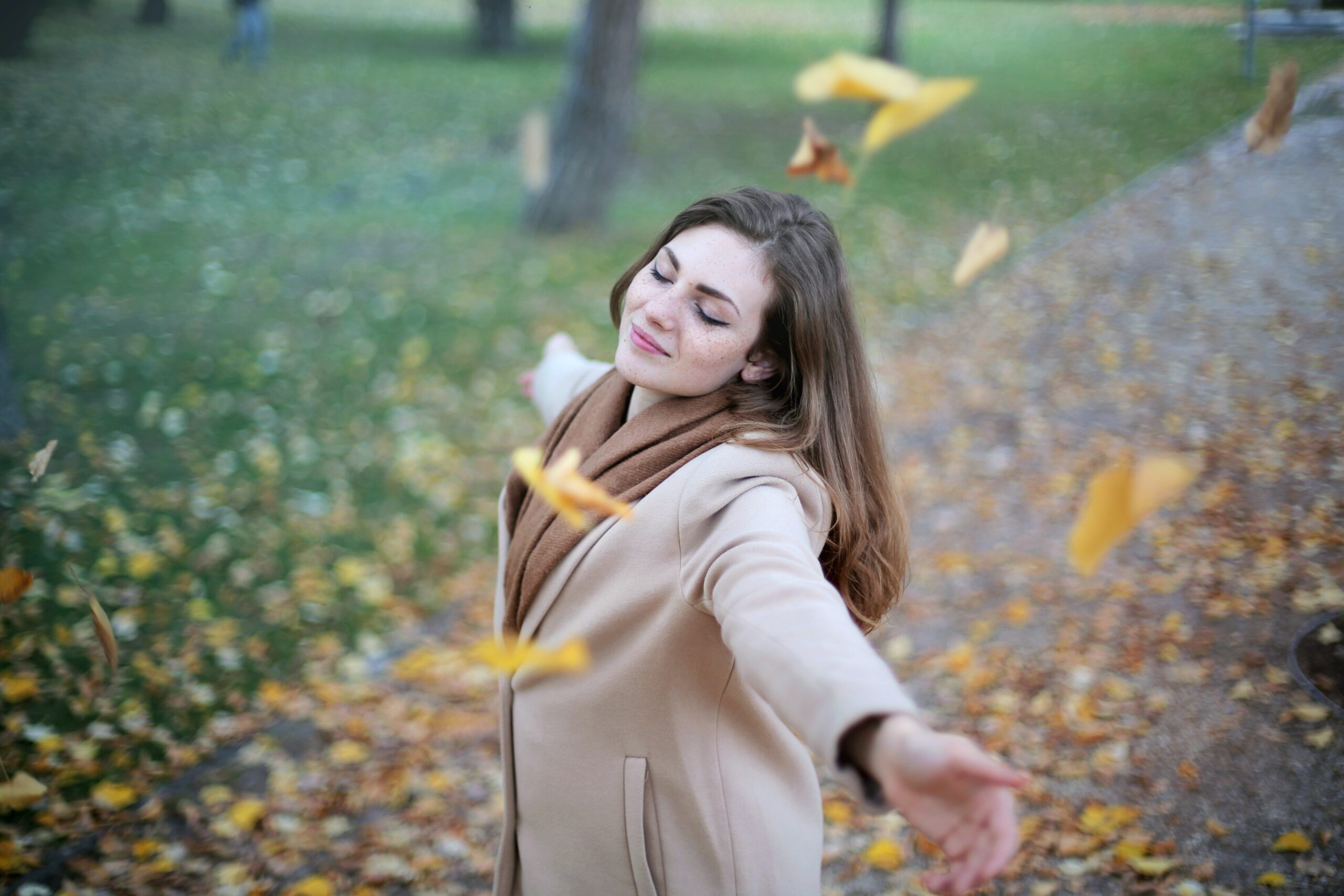Not all stress is harmful. To deal with challenging circumstances in our daily lives, we need to experience some stress. Our bodies undergo physical changes that allow us to act, but they pass swiftly once the issue has been resolved. However, if we experience high levels of stress constantly, it may be harmful to our health.
Constant stress can manifest physically as headaches, stiff neck and shoulders, lightheadedness, exhaustion, and trouble sleeping. Stress can have an impact on our mental health as well since it increases the hormone cortisol, which has an impact on how the brain functions. Worrying, lack of focus, difficulty making decisions, and irrational thinking can all come from this. Additionally, emotional symptoms such as irritation, anxiety, low self-esteem, and depression may start to manifest. It may also make mood disorders worse.
To effectively manage stress, we must learn how to relax more. When we are relaxed, our bodies receive more blood, providing extra energy. In addition, relaxation supports mental clarity and calmness, which promotes creative thinking, focus, good memory, and decision-making. Blood pressure, heart rate, and tension are all reduced during relaxation. Additionally, it enhances digestion because when we are calm, we can absorb essential nutrients better, helping our bodies fend off disease and infection. Thus, we must relax, whether by enjoying a refreshing, healthy cup of turmeric latte mix with a friend or spending quality alone time at home. Turmeric is said to potentially lower anxiety levels while helping ease bad mood.
Here are some relaxation techniques you can try.
1. Guided imagery technique
You can create mental pictures as part of this relaxation technique to transport yourself to a tranquil, serene location or circumstance. Include as many senses as possible when employing imagery to decompress, such as sight, sound, touch, and smell. Focus on a peaceful place in your mind, such as a never-ending field of flowers. Close your eyes, find a quiet place to relax, take off tight clothing, and concentrate on breathing. Keep your mind on the here and now and think happy thoughts. Utilizing guided imagery can help reduce stress and distract from the source of their stress.
2. Yoga
Yoga promotes both physical and mental relaxation, which lowers stress levels. The poses help to promote flexibility and reduce tension and discomfort. In addition, yoga positions can help release emotional and tension-related blockages, including physical ones, such as muscular knots. They also encourage the release of endorphins, which improve how one responds to stress and lift the mood.
3. Progressive muscle relaxation
A deep relaxation technique, progressive muscle relaxation, has proven to be useful in reducing symptoms of some types of chronic pain as well as stress and anxiety. A key component of progressive muscle relaxation is the straightforward technique of tensing or contracting one muscle group at a time, then relaxing, in which the tension is released. For symptom relief in various illnesses, including headaches, cancer pain, high blood pressure, and digestive issues, doctors have employed progressive muscle relaxation in conjunction with conventional therapy.
Relaxation allows you to feel calm and at peace with everything around you. Your body and mind need to rest from daily stressors, or you get bogged down from fatigue.




